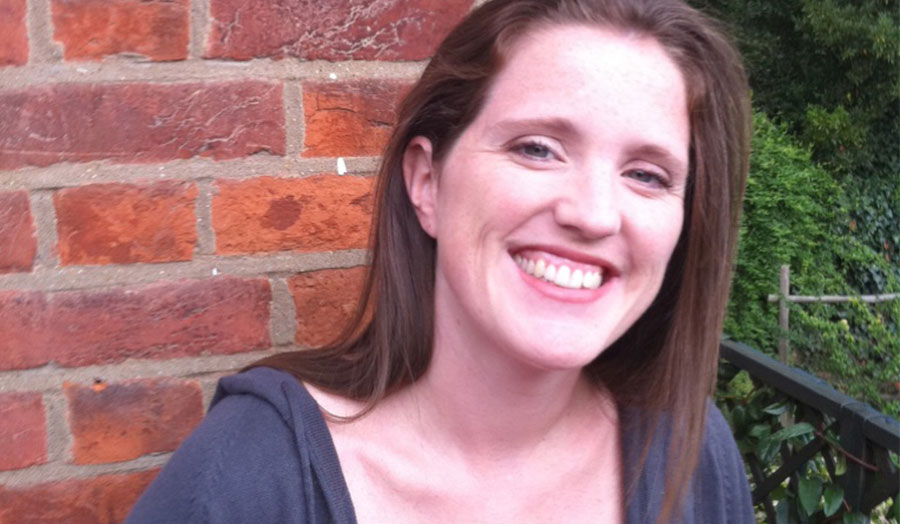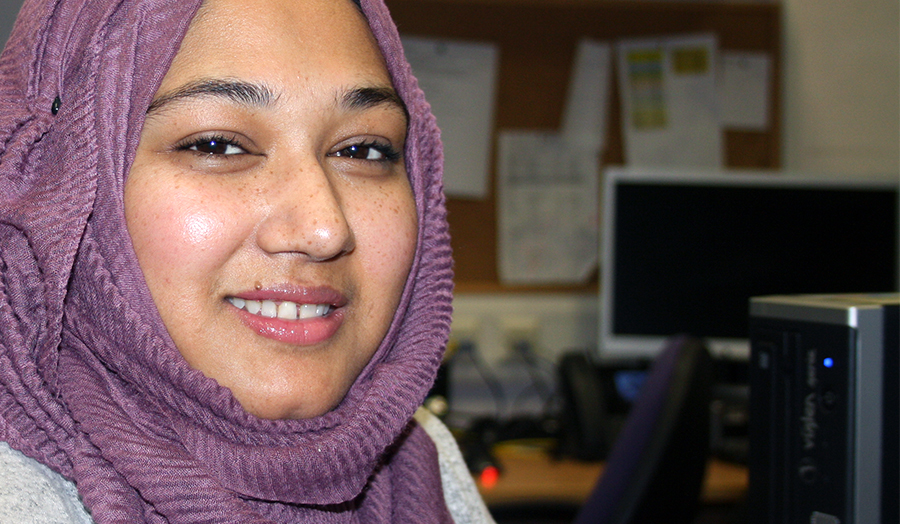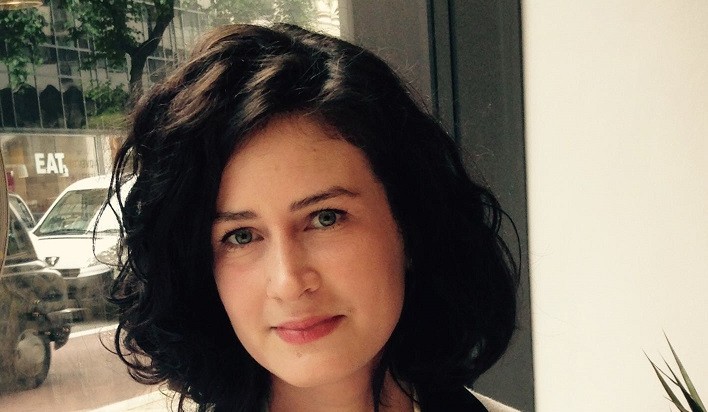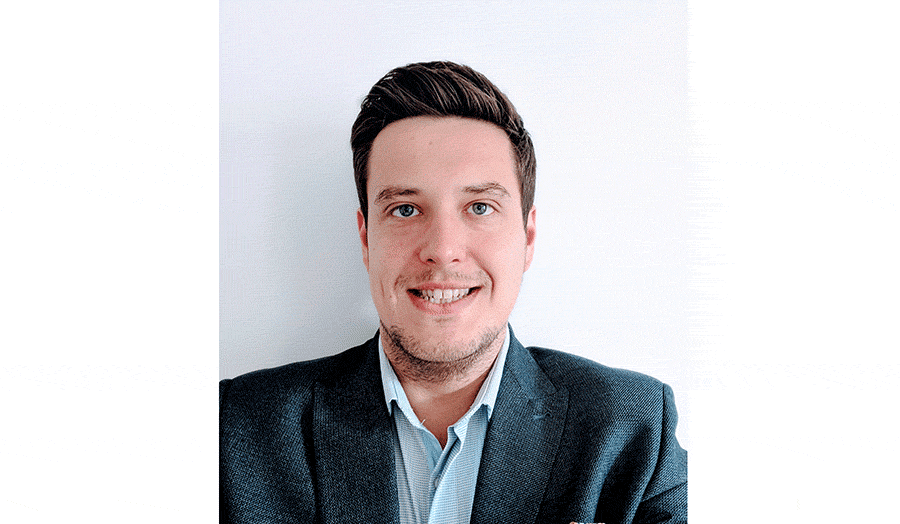A personal development plan is a writing exercise through which you structure and organise both your long-term and short-term plans and ambitions.
Within this highly personalised future plan you analyse your own skillset and put it to use to achieve your ambitions. This exercise ensures that you have a clear understanding of your own capabilities and how best to harness them to reach your goals.
Whether you’re studying to be a business leader, artist or scientist, a personal development plan will enable you to work towards your future goals.
At London Metropolitan University our staff are on hand to support and guide you in creating your professional development plan, which will equip you to excel in your chosen field.
Why you should create a personal development plan
Having a hard time figuring out what you want to do in the long term? You’re by no means alone. Usually this confusion stems from not having a clear and organised plan, which can prevent you from understanding what skills you have. Cue the personal development plan, whose purpose is to map out even your more complex goals.
A personal development plan is a fundamental first step towards achieving your most ambitious aims. If approached correctly, with passion and honesty, this simple piece of planning could prove an invaluable tool for years to come. Once you set realistic, incremental goals and targets you’ll see that achieving your aspirations is in easier reach than you expected.
At London Met, we believe that it’s extremely important that you distinguish and acknowledge your own strengths and weaknesses whilst understanding and applying your skills and your experiences. That’s why you’ll find plenty of resources and advice available every step of the way – our student liaison team is on hand to help you succeed in your studies...
How to write a personal development plan
There are several different areas that are important to focus on when creating your very own personal development plan:
Ambitions and dreams
Establishing your ambitions and dreams is the most exciting way for you to start your plan as it will serve as the perfect motivation for completing the sections that follow. Ask yourself: what is it that I want to do, to achieve or to be? You should aim high, give as much detail as you can and don’t be embarrassed by what you want for your future self. In the next steps, you will have plenty of time to be “realistic”, and in doing so you’ll learn how to adapt your goals to your own abilities. You should be honest with yourself about what you want and always aim high with your ambitions.
Skills and capabilities
The next step is to understand your own skills and capabilities. This is where you will look at your achievements, abilities and expertise. Ask yourself which areas of your life, education, or work you have excelled at. What do you feel you can do better than others, or in such a way that grabs the attention of others? This might be something you would until now consider unimportant, such as the ability to type quickly or draw caricatures. These skills can actually be the most important of all, so add as many as you can.
If you find this exercise a struggle and begin to feel that you have no skills or capabilities that are relevant, try sitting down with a family member or a friend and ask them honestly what they think you’re good at – you’d be surprised at just how many things they’ll be able to think of!
After putting all of your skills in one place, you’ll begin to see a framework of the unique skills that you have. This may be the first time you have seen your own skillset with clarity, and this should allow you to refine your understanding of which areas you are best suited to.
Strengths and weaknesses
Analysing your strengths and weaknesses can be a difficult section to complete when creating a personal development plan. To understand your strengths and weaknesses, you will need to be honest with yourself in a way that can be mildly uncomfortable for some people. However, it’s important to remember that this willingness to reflect on yourself in an honest manner is a very important trait shared by everyone who has achieved success in any field.
By addressing your weaknesses head on, you can learn from them, make improvements and be aware of where problem areas may arise in future projects or ideas. Everyone has weaknesses, but successful people will use their knowledge of them to their advantage, by delegating these areas to others with different strengths, or by recognising that they will need to allocate additional time to their weaker areas.
If you struggle in addressing your strengths and weaknesses when writing your personal development plan, we would give the previous advice again and suggest you discuss it with someone you know and trust.
Goals and timelines
Now that you have an accurate understanding of what you are really capable of, it’s time to reconsider where you want to get to and decide how you’re going to get there. At this point you will create your goals and timelines, from which you will have a roadmap for your ambitions in the years to come.
No matter where you’d like to be five years from now, break down exactly what you need to achieve each year to reach that place. Be as exact and realistic as you can. These can be larger and more ambitious achievements, such as graduating with at least a 2.1, networking with people working in your field, learning a skill you don’t already possess or getting work experience in a particular sector.
At this point, you’ll need to concentrate on a timeline of years, aiming to define what you’ll need to do and over what timescale in order for your goals to be realistically achieved. Always remember that your personal development plan is not a completely rigid process – it’s a way of shaping your own guidelines as you head towards your personal and career goals.
The process of doing this and getting into the habit of this kind of structured thinking is one of the greatest lessons you can learn in terms of improving your future. At London Met we are proud to offer you comprehensive and ongoing support in creating your own personal and career development plan.

.jpg)





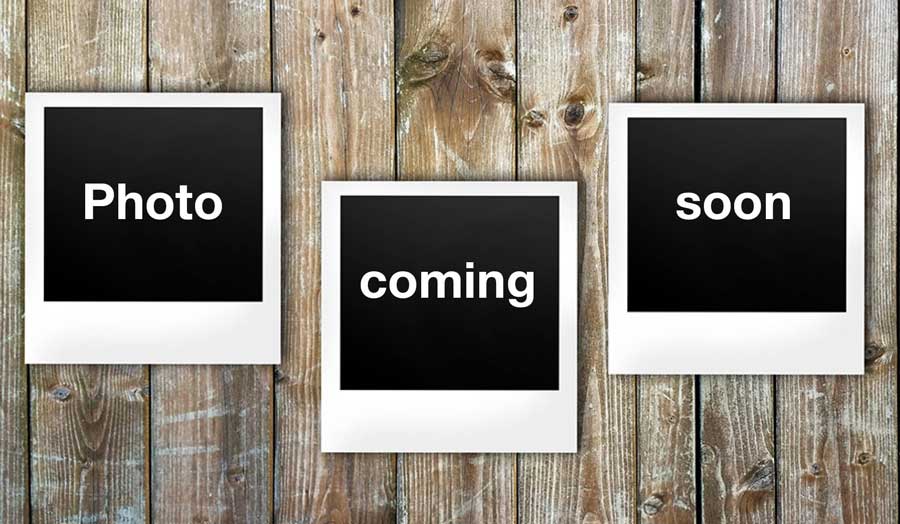

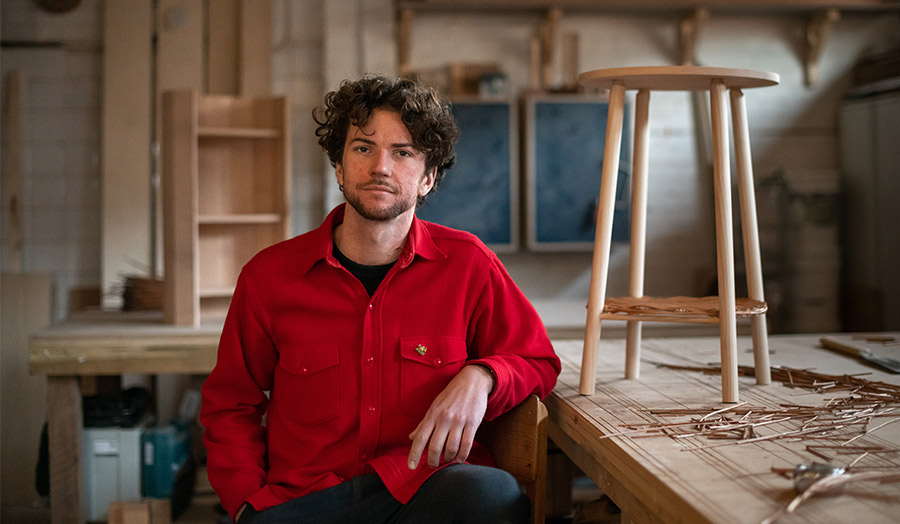







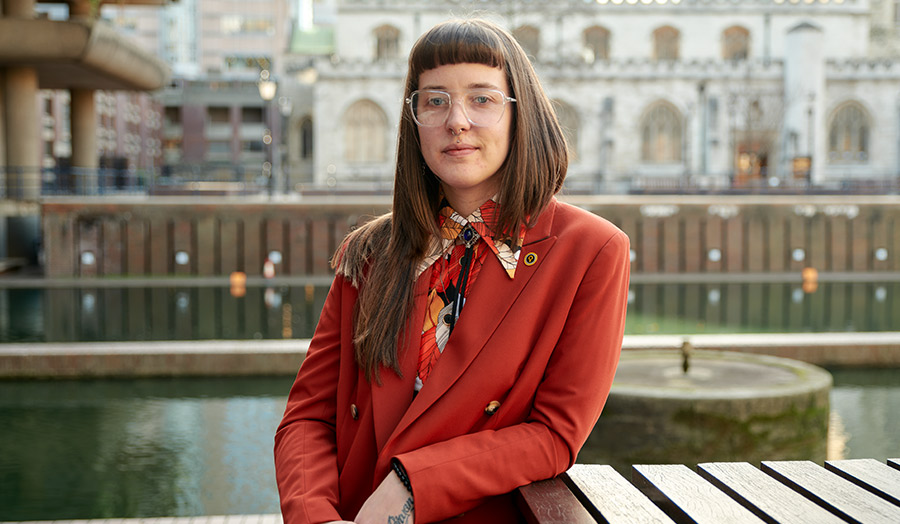
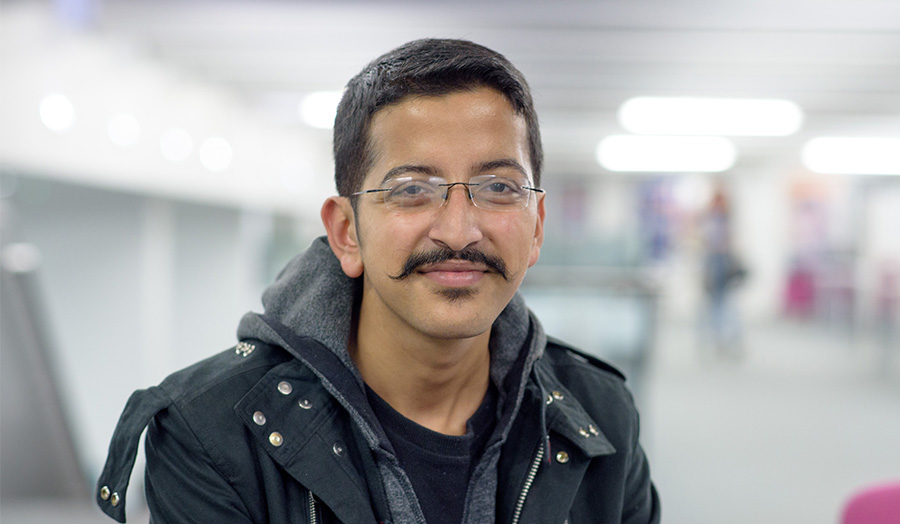

.jpg)
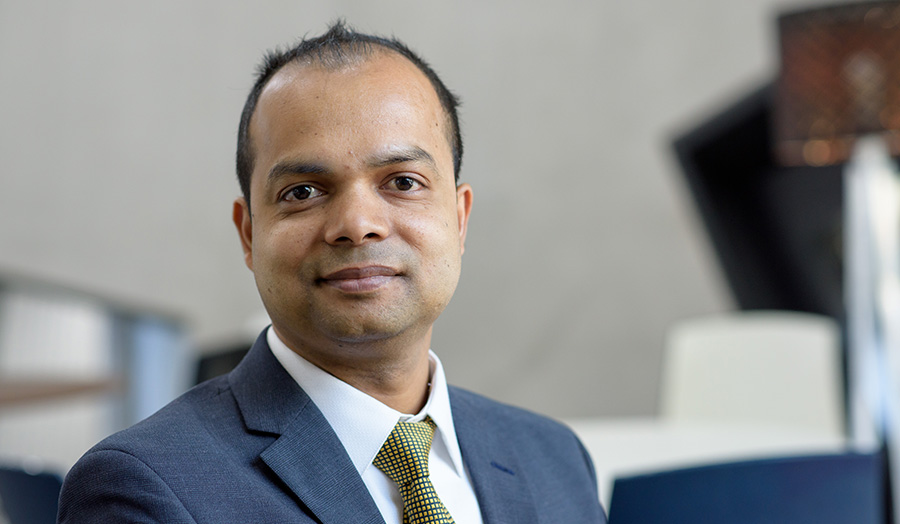
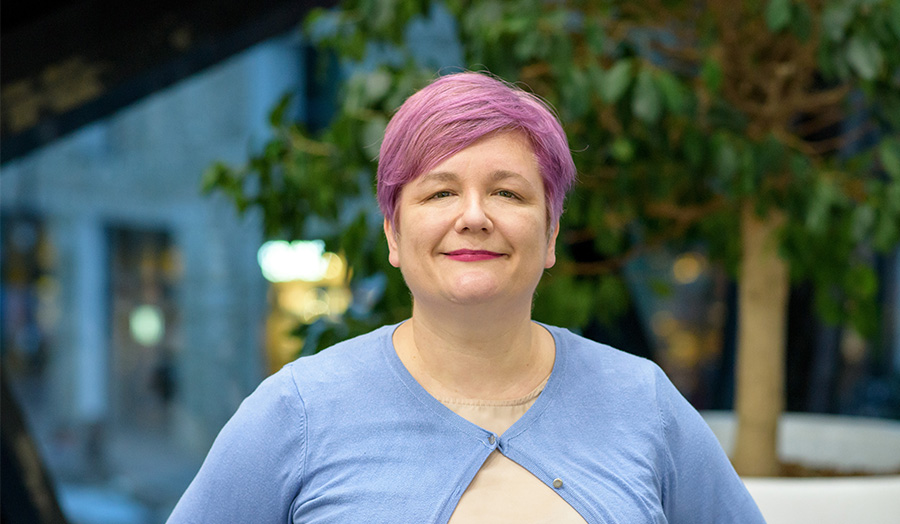
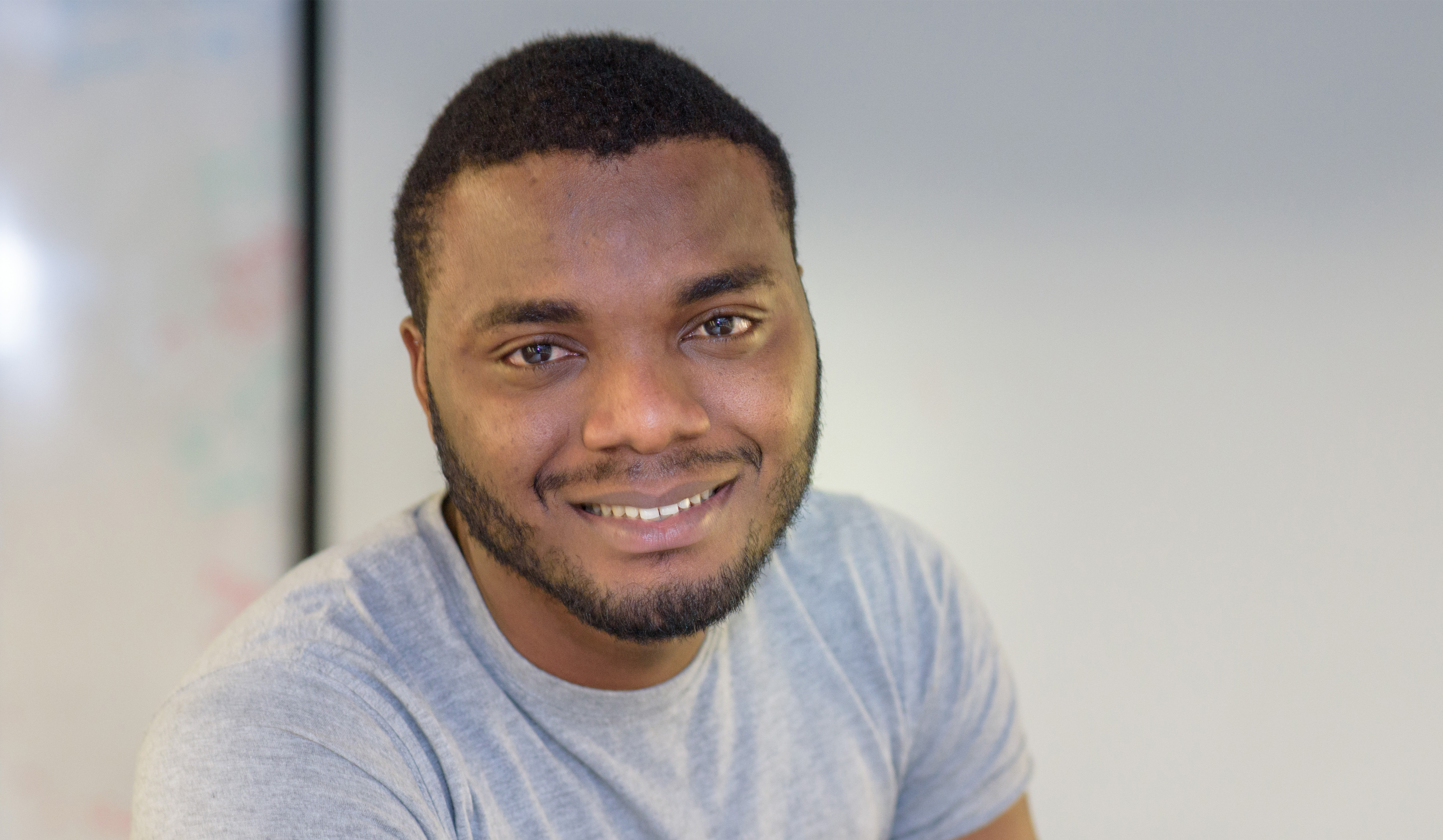

.jpg)
.jpg)

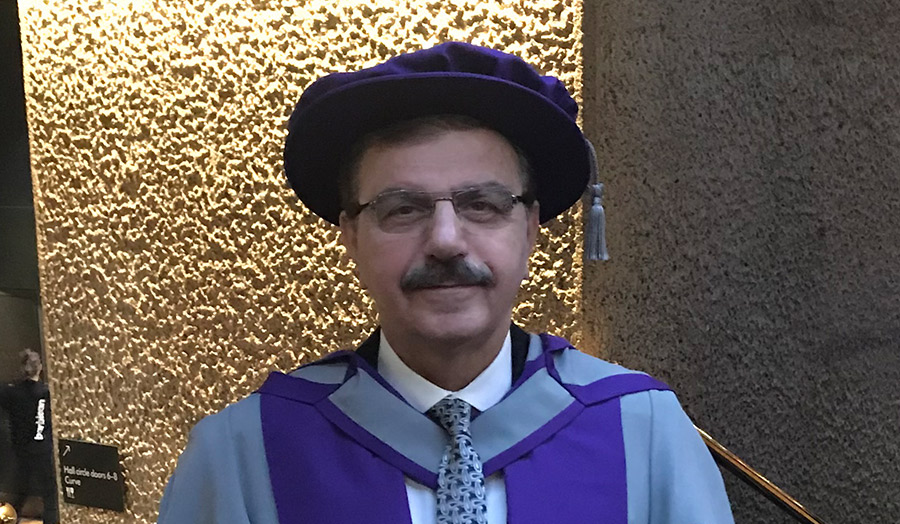

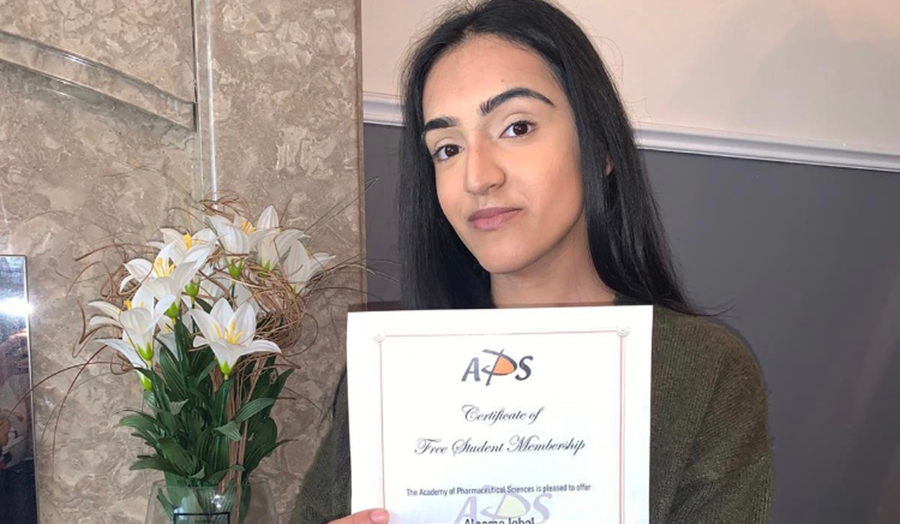



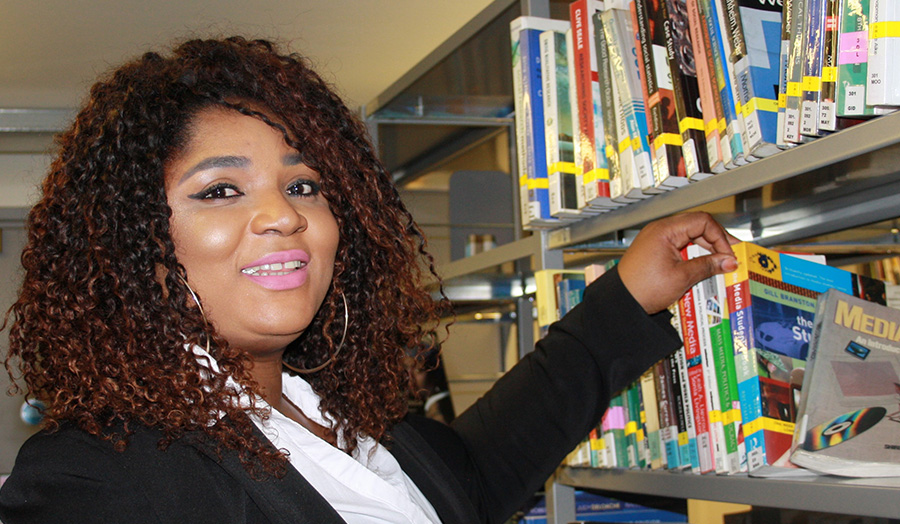


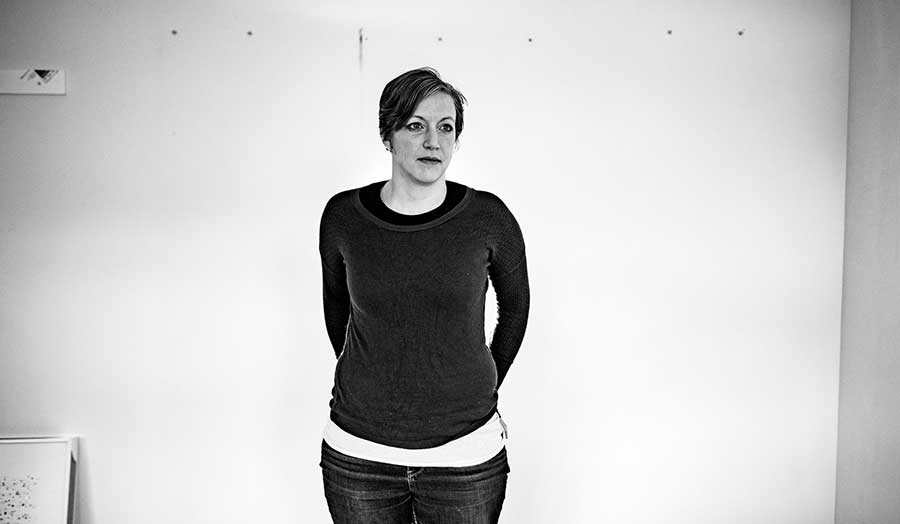
.jpg)
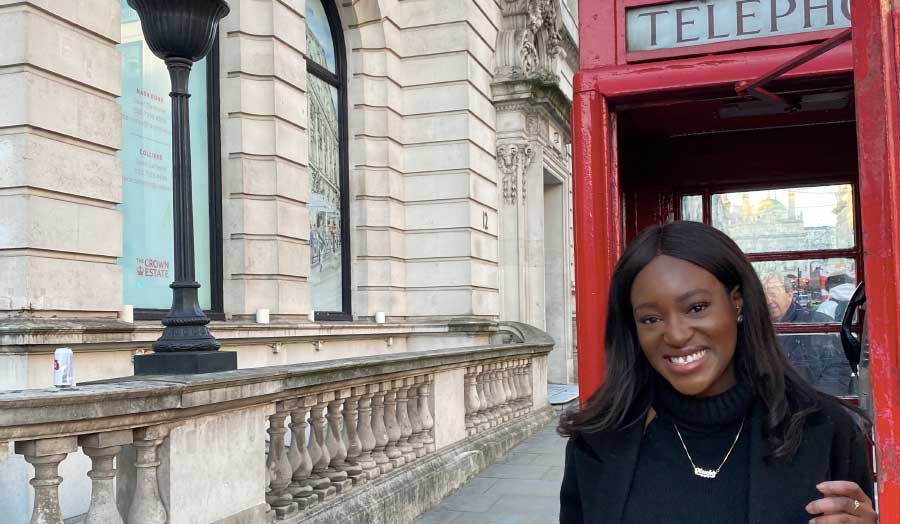


.jpg)



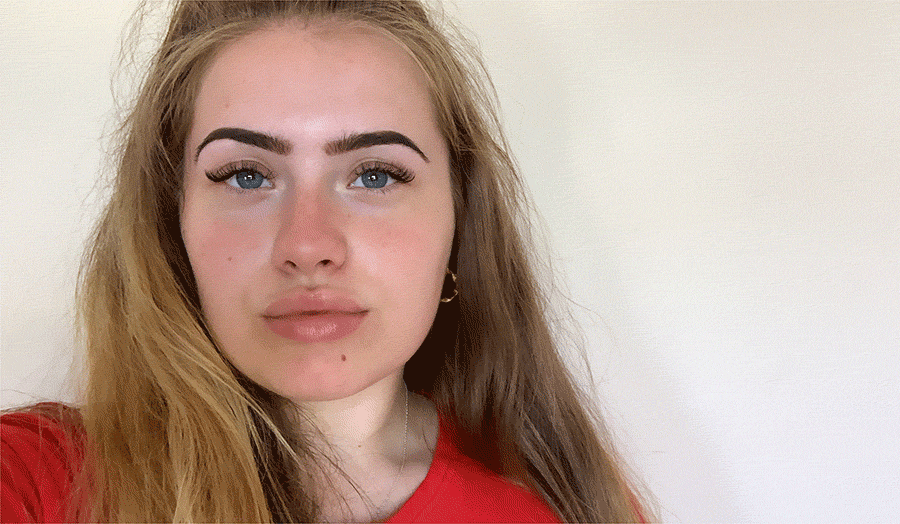

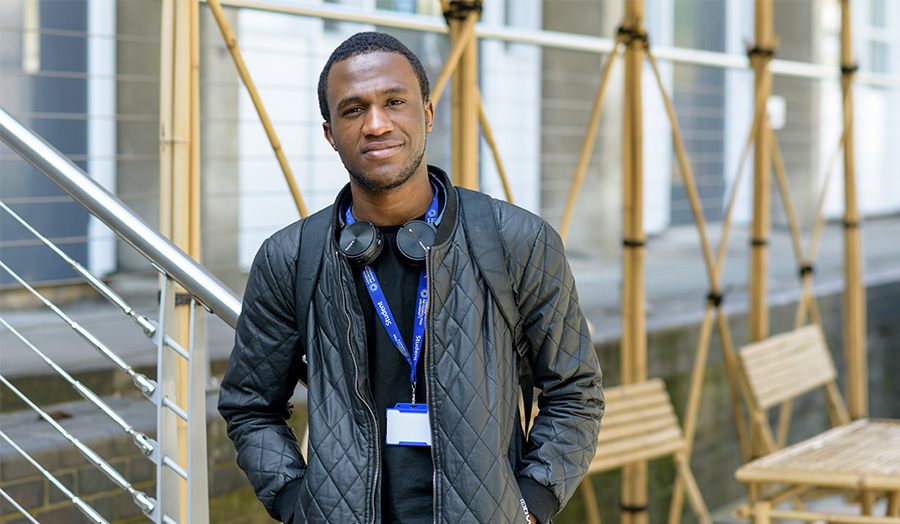
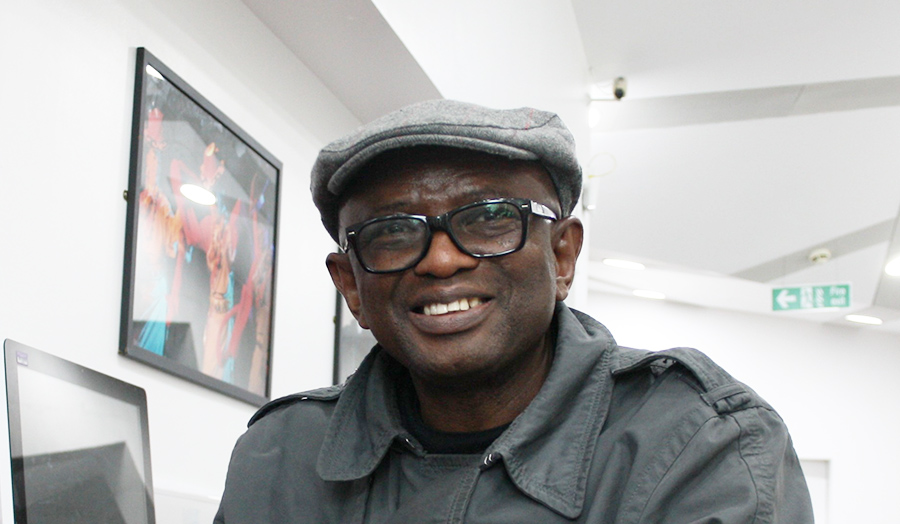



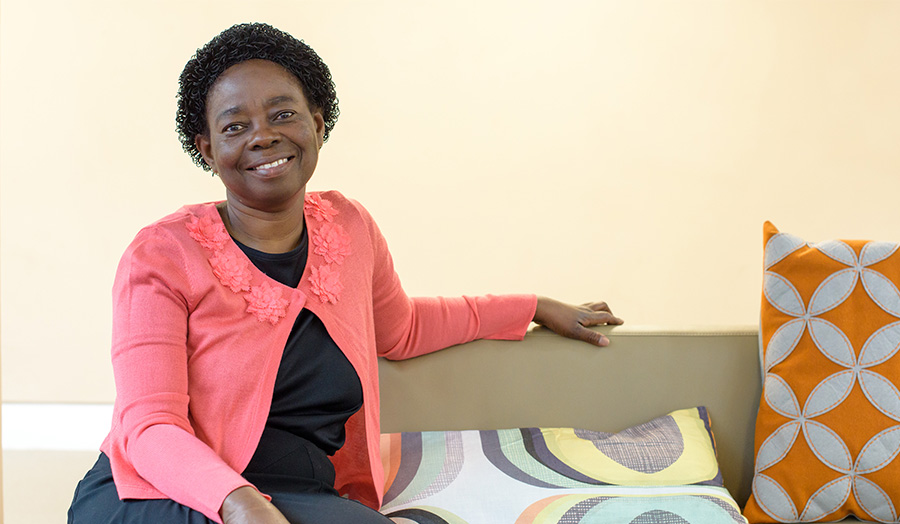
.jpg)
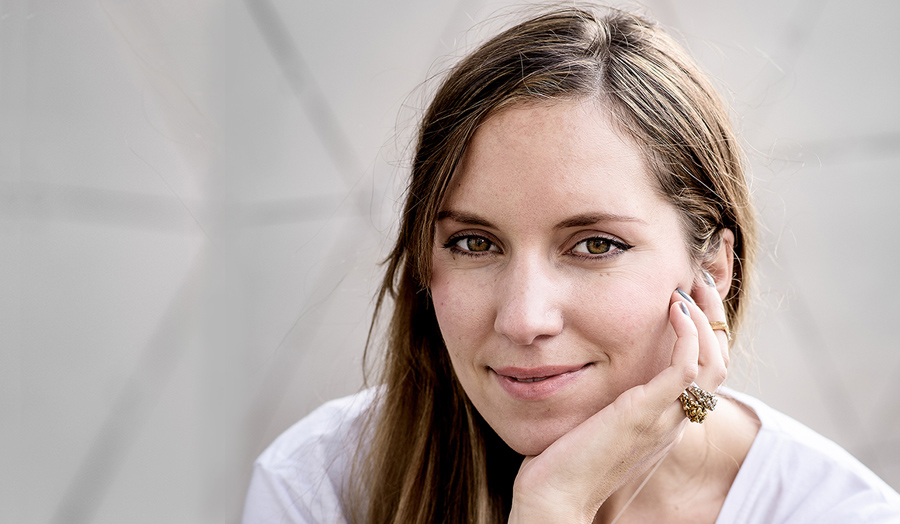

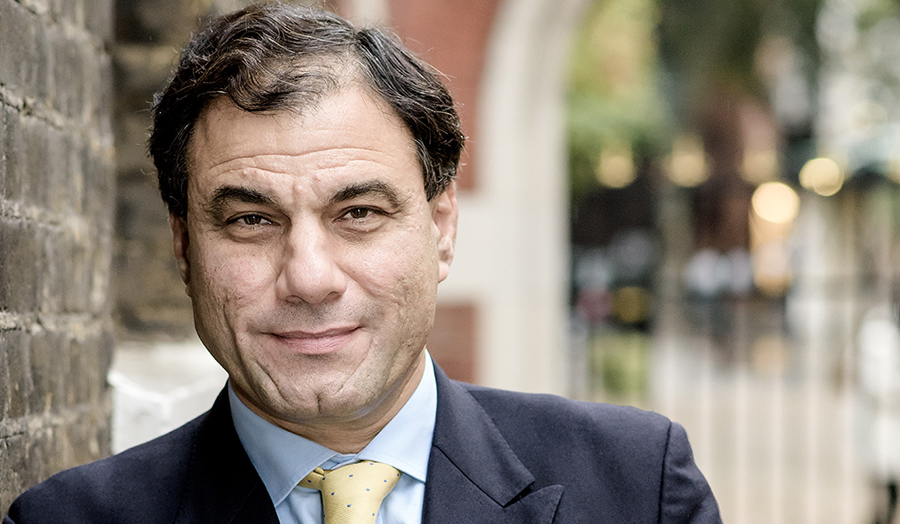

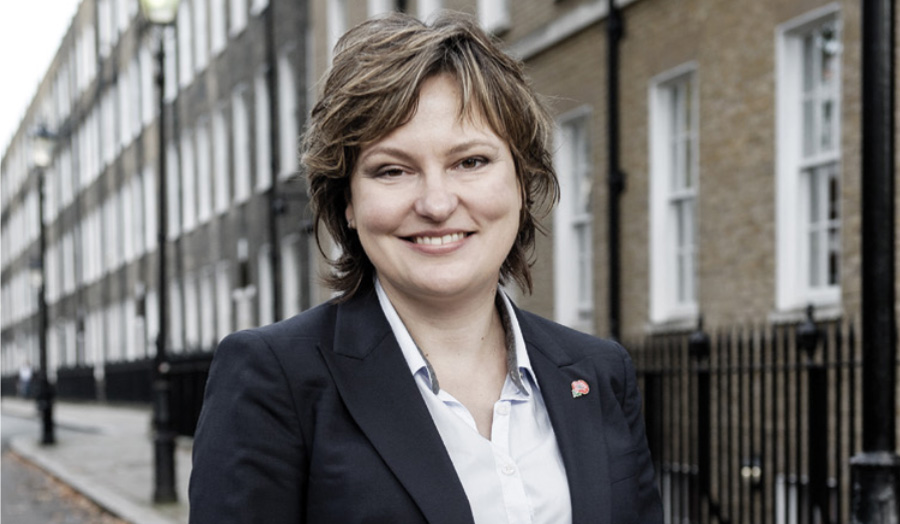
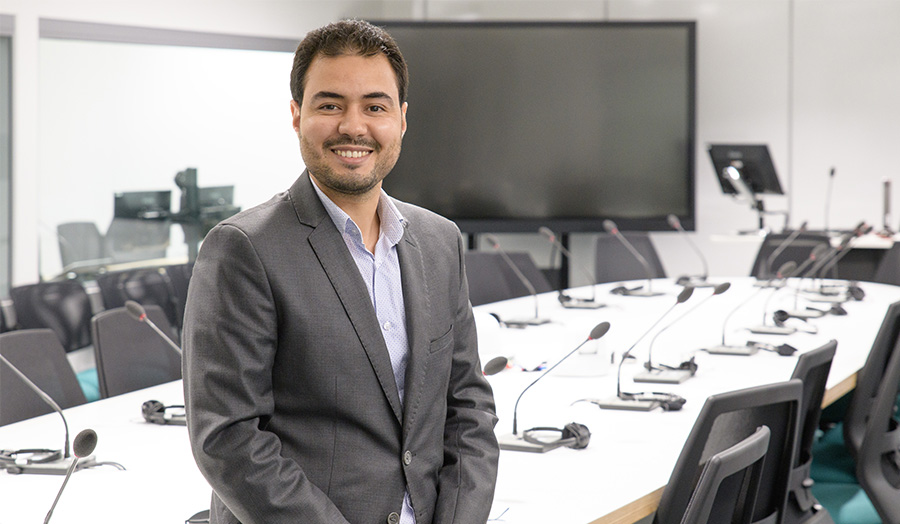


.jpg)
